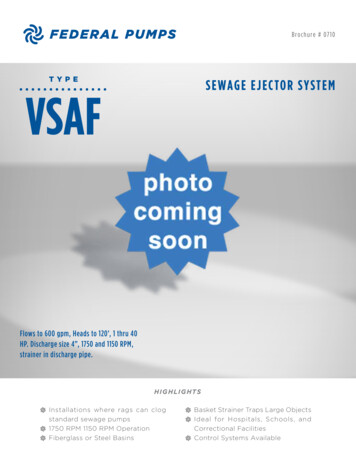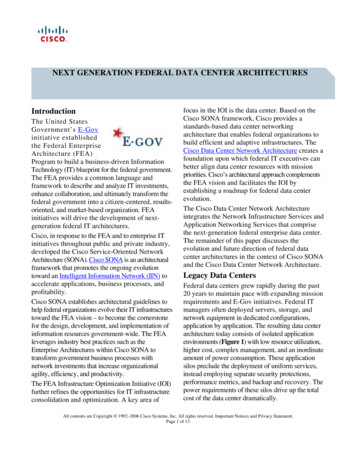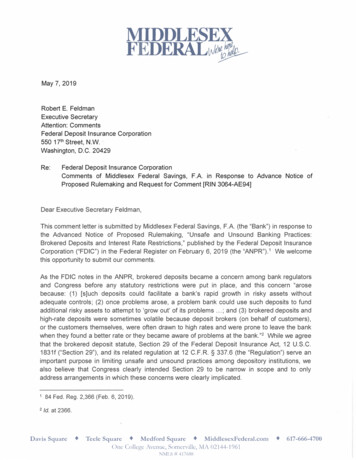
Transcription
MIDDLESEXFEDERAL ttta May 7, 2019Robert E. FeldmanExecutive SecretaryAttention: CommentsFederal Deposit Insurance Corporation550 17th Street, N.W.Washington, D.C. 20429Re:Federal Deposit Insurance CorporationComments of Middlesex Federal Savings, F.A. in Response to Advance Notice ofProposed Rulemaking and Request for Comment [RIN 3064-AE94]Dear Executive Secretary Feldman,This comment letter is submitted by Middlesex Federal Savings, F.A. (the "Bank") in response tothe Advanced Notice of Proposed Rulemaking, "Unsafe and Unsound Banking Practices:Brokered Deposits and Interest Rate Restrictions," published by the Federal Deposit InsuranceCorporation ("FDIC") in the Federal Register on February 6, 2019 (the "ANPR").1 We welcomethis opportunity to submit our comments.As the FDIC notes in the ANPR, brokered deposits became a concern among bank regulatorsand Congress before any statutory restrictions were put in place, and this concern "arosebecause: (1) [s]uch deposits could facilitate a bank's rapid growth in risky assets withoutadequate controls; (2) once problems arose, a problem bank could use .such deposits to fundadditional risky assets to attempt to 'grow out' of its problems . ; and (3) brokered deposits andhigh-rate deposits were sometimes volatile because deposit brokers (on behalf of customers),or the customers themselves, were often drawn to high rates and were prone to leave the bankwhen they found a better rate or they became aware of problems at the bank."2 While we agreethat the brokered deposit statute, Section 29 of the Federal Deposit Insurance Act, 12 U.S.C.1831f ("Section 29"), and its related regulation at 12 C.F.R. § 337.6 (the "Regulation") serve animportant purpose in limiting unsafe and unsound practices among depository institutions, wealso believe that Congress clearly intended Section 29 to be narrow in scope and to onlyaddress arrangements in which these concerns were clearly implicated.1284 Fed. Reg. 2,366 (Feb. 6, 2019).Id. at 2366.Davis Square Teele Square Medford Square MiddlesexFederal.com()ne College Avenue, Somerville, MA (!2144-1961NMLS # 417688 617-666-4700
We also agree with the FDIC's observation in the ANPR that there have been "significantchanges in technology, business models, the economic environment, and products" since thebrokered deposit regulations were first adopted.3 We therefore believe that the FDIC can andshould interpret Section 29 so as to allow depository institutions to work with third parties toprovide innovative banking platforms to the bank's customers and thereby take full advantage ofthe significant changes in technology and products, without that third party being treated as adeposit broker.Middlesex Federal Savings, F.A.The Bank is a federal mutual savings association. The Bank was established in 1890 as aMassachusetts cooperative bank and converted to a federal savings association in 1937. It isheadquartered in Somerville, Massachusetts and has three branches, each located inMiddlesex County, Massachusetts, and approximately 413 million in assets. The Bank acceptsdeposits and provides a range of retail and commercial banking products and services to itscustomers. These include residential mortgage loan and commercial loan products, online andmobile banking, business banking accounts, and Individual Retirement Accounts.In October 2017, the Bank entered into a relationship with Novo Platform Inc., a Delawarecorporation ("Novo"). Novo is a well regarded fintech startup company that has developed andoperates an online platform that delivers financial tools, products, and services to smallbusinesses. Through the Novo application, business customers can apply for a demand depositaccount and, once the account is approved by the Bank, transact business with the account.Bank customers may make initial and subsequent deposits by creating and transmitting checkimages to the Bank, or a customer may authorize the Bank to initiate an automated clearinghouse (ACH) debit to the customer's account with another bank to fund the new account.These are substantially the same methods of deposit that the Bank offers to its other customersthrough its core processor. Novo does not receive deposits from the Bank's customers.Those business customers use the Novo platform's financial tools to analyze their financialtransactions and link their Bank accounts to other third-party financial products and services.The Bank and Novo share certain fee income and costs associated with the deposit accounts inthe manner described in their contract. The Bank also pays Novo a flat monthly fee inconsideration of the costs and expenses incurred by Novo in connection with maintaining theplatform, linking the platform to the Bank's core processor, and providing related technicalsupport.3Id.2
The Bank entered into its relationship with Novo in order to more effectively reach and servesmall business entrepreneurs, which the Bank views as an important and growing segment ofthe commercial banking market. Through the Novo platform, the Bank is able to reach newcustomers by leveraging Novo's innovative technology and functionality, which are designed toappeal to business customers. In that way, Novo provides technology and services to theBank's small business customers that are not available through the Bank's core processor,Connecticut Online Computer Center, Inc. The Bank offers and provides its standard productsand services to customers that open a deposit account through the Novo platform, includingBank-issued debit cards, bill payment services, automated clearing house services, and wiretransfer services. Novo and the Bank contemplate that the Novo platform may be expanded inthe future to include additional banking products and services, such as loan products andadditional deposit products. The Novo relationship benefits the Bank in numerous ways. TheNovo relationship helps the Bank to reduce its cost of funds, diversify its funding sources, andexpand its customer base. The Bank is also able to expand its relationship with its existingbusiness customers by offering the Novo technologies and functions.Section 29 History and Narrow Congressional IntentCongress was very clear when enacting Section 29 that it was intended to be narrow in scope.Over the next five years, Congress further narrowed Section 29.The brokered deposit amendment to the Financial Institutions Reform, Recovery, andEnforcement Act of 1989 was authored by Senator Frank H. Murkowski (R-AK). During ahearing on the amendment before the Subcommittee on General Oversight and Investigationsof the Committee on Banking, Finance and Urban Affairs, Senator Murkowski said the following:"The goal of this provision is to prevent the flagrant abuse of the depositinsurance system by troubled institutions that take excessive risks andleave the taxpayers to suffer the consequences. By preventing troubledinstitutions from using brokered deposits - unless permitted to do so by theFDIC - we accomplish this goal and create accountability on the part of theFDIC. 4.In summary, this amendment is designed to rein in the abuses ofbrokered deposits by troubled institutions and to create accountability onthe part of Federal regulators. This is a not a blanket prohibition on the useof brokered deposits, but a narrowly drawn provision that specificallyTestimony of Hon. Frank H. Murkowski, U.S. Senator from the State of Alaska, "Insured BrokeredDeposits and Federal Depository Institutions," Hearing before the Subcommittee on General Oversightand Investigations of the Committee on Banking, Finance and Urban Affairs, House of Representatives,101st Congress, 1st Sess., 7 (May 17, 1989) (emphasis added); see also id. at 71 (written testimony). Thepurpose of this hearing was to update the record on brokered deposits following a prior hearing by theHouse General Oversight Subcommittee during the 99th Congress on July 16, 1985.43
A provision intended to protect thetargets the most flagrant abusers.taxpayers of this country. 5The language of Section 29 also supports the conclusion that Congress did not intend everythird party that assists a bank in any way with its deposit activities to be treated as a depositbroker. Section 29 defines "deposit broker'' as "any person engaged in the business of placingdeposits, or facilitating the placement of deposits, of third parties with insured depositoryinstitutions or the business of placing deposits with insured depository institutions for thepurpose of selling interests in those deposits to third parties." 6Section 29 lists nine specific exclusions to the definition of deposit broker. Perhaps the mostimportant of those exclusions, and clearly the broadest of the exclusions, is for "an agent ornominee whose primary purpose is not the placement of funds with depository institutions." 7Despite the breadth of this exclusion, the FDIC historically has applied it narrowly. Thisapproach by the FDIC might have been appropriate many years ago, but in today's environmentit unduly limits a depository institution's ability to work in collaboration with third party technologyproviders to expand the institution's product and service offerings. Technology today istransforming banking and the delivery of financial services beyond the capabilities of ourtraditional core providers. If community-based financial institutions like Middlesex Federal are tosurvive and prosper, they must have the ability to work closely with third party technologyproviders like Novo to meet the competitive challenges of trillion dollar financial institutions within-house state-of-the-art technology capabilities.Other ConsiderationsA depository institution clearly can offer its products and services electronically, including via thelnternet. 8 However, institutions wanting to take advantage of these technologies can be facedwith the difficult choice of developing or purchasing the technology and incurring those costs, orcontracting with technology and online platform providers and potentially incurring increaseddeposit insurance assessments if that provider's systems somehow make it easier for theinstitution to acquire deposits. Smaller depository institutions with limited resources, such asthe Bank, might have no economically viable choice other than to contract with a third partytechnology provider, putting the institution at a competitive disadvantage solely because ofdeposit insurance costs. The FDIC's current interpretations of the meaning of deposit broker5/d. at 9-10 (emphasis added); see also id. at 74 (written testimony).Section 29 does not define "brokered deposit," but the Regulation defines the term as any deposit thatis "obtained, directly or indirectly, from or through the mediation or assistance of a deposit broker."6712 U.S.C. § 1831f(g)(2)(I).For example, a federal savings association "may use, or participate with other to use, electronic meansor facilities to perform any function, or provide any product or service, as part of an authorized activity.Electronic means or facilities include, but are not limited to . the internet, telephones, and other similarelectronic devices." 12 C.F.R. § 155.200(a).84
and brokered deposit impede bank innovation and hinder banks' ability to leverage technologyto obtain deposits.We also note that the Liquidity Coverage Ratio ("LCR") regulations adopted by the FDIC in 2014consider "stable retail deposits" to include retail deposits that are entirely covered by depositinsurance if either (1) the deposit is held in a "transactional account" or (2) the "depositor thatholds the account has another established relationship with the FDIC-supervised institution."The established relationship could be another deposit account, loan, bill payment service, orany other service provided to the depositor, so long as the bank can demonstrate that therelationship would make the withdrawal of the deposit "highly unlikely during a liquidity stressevent."9Possible New ApproachesWe respectfully submit that the FDIC can and should interpret Section 29 so as to allow andencourage depository institutions to contract with third parties for technology services, Internetplatform services, and account processing services, without those third parties automaticallybeing treated as deposit brokers.One possible approach would be to exclude from the definition of deposit broker any provider oftechnology, Internet platform, or account processing services (collectively "TechnologyServices") so long as (1) the depository institution is authorized by applicable law to providesuch Technology Services directly, (2) the provider does not receive deposits on behalf of thedepository institution, (3) the deposit accounts obtained through the Technology Services areonly individual transactional deposit accounts (defined below), (4) the interest rate paid on suchdeposits is reasonably equivalent to or less than the average rate paid by the institution on all ofits similar accounts, and (5) the depository institution enters into deposit account contracts witheach resulting deposit customer. For these purposes, "individual transactional deposit account"would include a transactional deposit account offered on an individual basis directly to thedepositor rather than a bulk or wholesale deposit in which the third party acquires a largedeposit and sells or otherwise distributes pieces of that large deposit to multiple depositors.Another approach would be to exclude all "relationship deposit accounts" from the definition ofbrokered deposit, defined as transactional deposit accounts where the depositor obtains at leastone other banking service from the institution, such as a debit card, another deposit account, aloan, a bill payment service, automated clearing house services, or wire transfer services. Thiswould be consistent with the regulatory recognition, as reflected in the LCR regulations, thatsuch deposits are stable and do not present liquidity risks.Either of these approaches would ensure that the arrangement does not raise the fundamentalconcerns intended by Congress to be addressed by Section 29: (1) that the deposits wouldfacilitate a bank's rapid growth in risky assets without adequate controls; (2) that a bank could9See, e.g., 12 C.F.R. § 329.3 (FDIC regulation).5
use the deposits to fund additional risky assets to attempt to grow out of its problems; and (3)that the deposit customers would be "rate shoppers" that open accounts due to the high interestrates offered by a bank.ConclusionWe appreciate your thoughtful consideration of this important topic and our opportunity toprovide these comments.Sincerely,JWisemanPent and Chief Executive OfficerMiddlesex Federal Savings, F.A.CC:Thomas Curry, Partner, Nutter McClennen & Fish LLPTyler McIntyre, Co-Founder & CTO, Novo Platform Inc.John Reveal, Partner, K&L Gates LLP6
Middlesex County, Massachusetts, and approximately 413 million in assets. The Bank accepts . These include residential mortgage loan and commercial loan products, online and mobile banking, business banking accounts, and Individual Retirement Accounts. In October 2017, the Bank entere
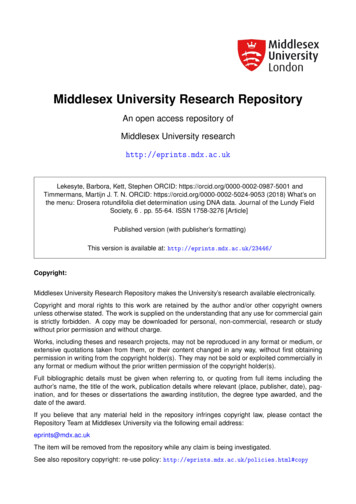
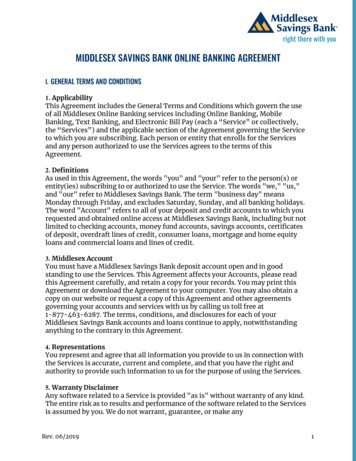

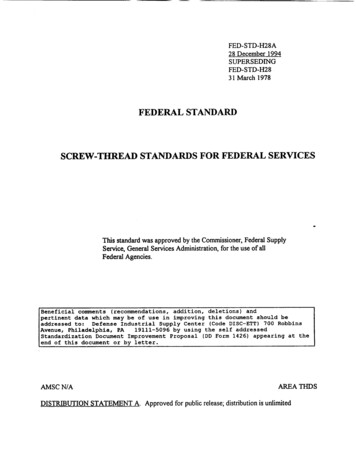
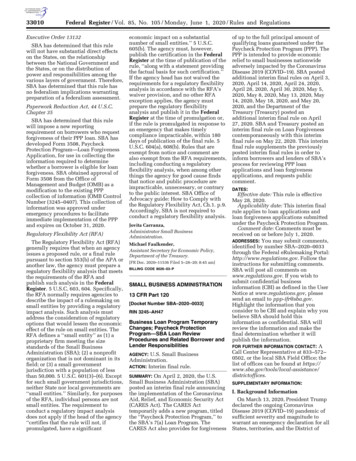
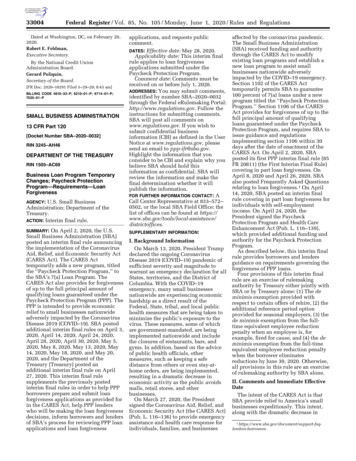
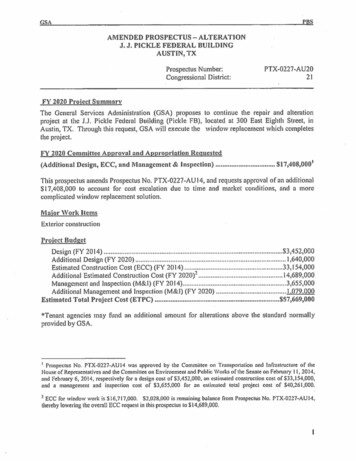
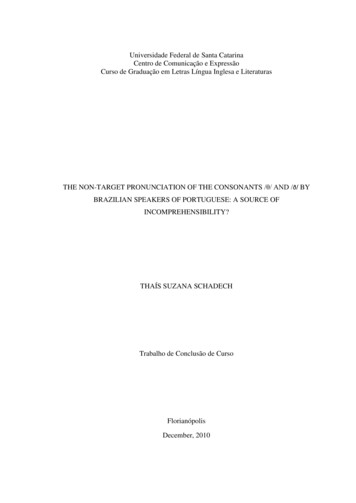
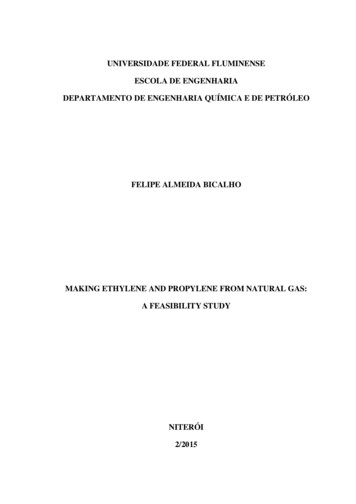
![[Code of Federal Regulations] [Title 21, Volume 8 .](/img/2/21-cfr-part-820.jpg)
